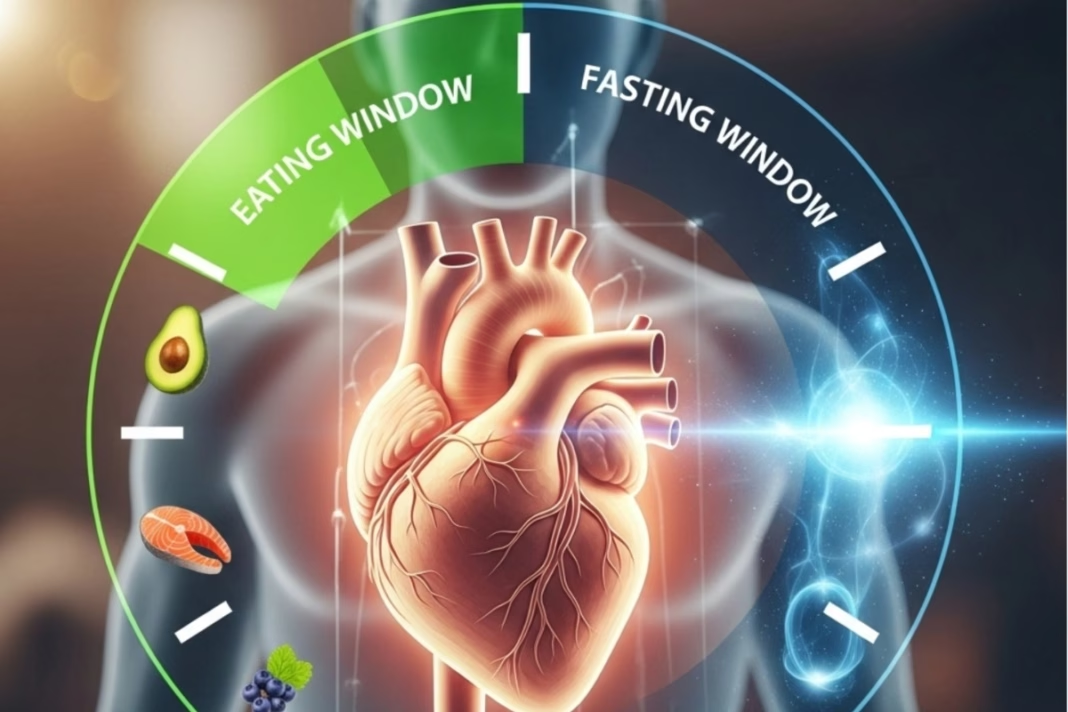Intermittent fasting has become one of the most popular diet trends. Many people follow the 16:8 method, where they fast for 16 hours and eat within 8 hours, believing it helps with weight loss and energy. But a new study shows there may be hidden dangers, especially for your heart.
DON'T MISS
What The Study Says About Intermittent Fasting Health Risks
A study published in Diabetes and Metabolic Syndrome found that people who ate in less than an eight-hour window had a 135% higher risk of dying from heart-related diseases. This includes conditions like heart attacks and strokes. The data came from over 19,000 adults in the US National Health and Nutrition Examination Survey.
The study did not show a clear link between intermittent fasting and cancer, but the risk to heart health was strong. Victor Wenze Zhong (the senior author) said, “People should be extremely cautious to adopt a short eating window for a long time.”
Why Doctors Urge Caution On Intermittent Fasting
Doctors say intermittent fasting is not the same for everyone. Dr Anoop Misra calls it “a promising tool” but warns that it should not be followed blindly. He suggests using fasting only for short-term goals and under medical supervision.
Cardiologist Dr Ranjan Shetty adds that fasting can cause low blood sugar. This may lead to palpitations, a fast heartbeat, and even a heart attack in severe cases. “If you’re not eating enough but continue daily activities, your heart has to work harder,” he explains.
Food Quality Still Matters
Experts also point out that diet quality makes a big difference. Eating junk food within a fasting window still harms cholesterol and fat levels. Intermittent fasting cannot undo poor eating habits. People with diabetes, heart disease, kidney issues, or liver problems are strongly advised to avoid strict fasting.
Intermittent fasting may give short-term weight loss benefits, but the health risks are real. Extreme versions like the 16:8 plan may not be safe if used for years. Experts say the best approach is to balance. Listen to your body, eat nutritious food, and always consult a doctor before trying long-term fasting.



